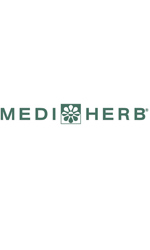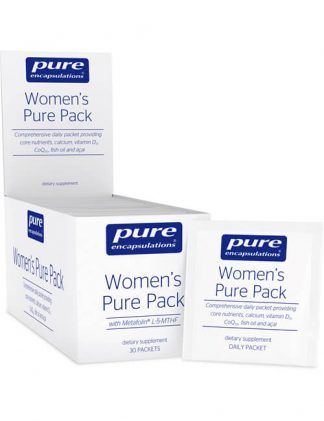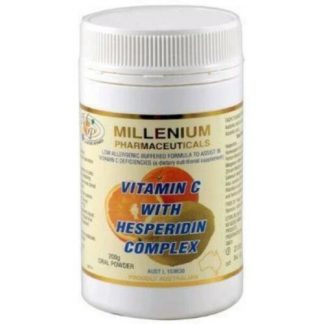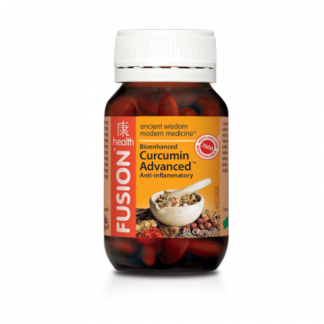To purchase this product, a patient login is required.
Log in or create a Patient Account below.
Have a question? Reach out to us, or read our FAQ's.
No More Cramps with Cramplex – 40 Tabs.
Combines five herbs traditionally known as analgesic, antispasmodic, circulatory stimulant and anti-inflammatory.
Indications
- Traditionally used for relief of menstrual pain, menstrual cramping and symptoms of dysmenorrhoea.
- Traditionally used for the symptomatic relief of tension headache.
- Cramp Bark is traditionally used for the relief of cramping pain of smooth muscle.
Ingredients
Each tablet contains:
-Corydalis ambigua (Corydalis) extract equivalent to dry tuber…600 mg
-Zingiber officinale (Ginger) extract equivalent to dry rhizome…400 mg
-Rubus idaeus (Raspberry) extract equivalent to dry leaf…400 mg
-Dioscorea villosa (Wild Yam) extract equivalent to dry root & rhizome…400 mg
-Viburnum opulus (Cramp Bark) extract equivalent to dry stem bark…400 mg
Additional Therapy
- Combine with St John’s Wort tablets for the nervous system.
- Consider Mega Mag powder or Active Mag-Cal tablets for relief of conditions caused by magnesium deficiency.
- Combine with Chaste Tree tablets for PMS.
- Consider FibroFem tablets to support normal menstruation,Nervagesic tablets to relieve pain associated with menstruation, andEndoFem tablets to support normal healthy endometrial tissue.
- Consider Fe-Max Iron Tonic Phytosynergist® liquid or Fe-Plextablets as a supplement to compensate for loss of iron from bleeding.
- Diet should increase essential fatty acids (eg Evening Primrose Oilcapsules, Omega-3 Forte capsules or EFA Essentials capsules), reduce saturated fats, eliminate refined foods, sugar, dairy products, methylxanthines (coffee and chocolate) and increase fresh fruits, vegetables, proteins and whole grains.
Dosage and Administration
Adults: 3-4 tablets 2 times daily.
The mode of action of these herbs suggests that they should be taken 2 to 3 days before the period is due to start and during days 1 and 2 of the period.
Contraindications and Cautions
Discontinue if pregnancy occurs. Daily doses of dried Ginger in excess of 4 g are contraindicated in patients who are already taking blood-thinning drugs such as warfarin or aspirin or who have increased risk of haemorrhage. In these patients, at doses of Ginger below this exercise caution. When prescribing Ginger caution is advised in patients with gallstones. Contraindicated in patients taking nifedipine. Ginger should be used cautiously in patients taking antacids (it may decrease the effectiveness since ginger increases gastric secretory activity) or phenprocoumon. Discontinue 7 days prior to general anaesthesia.




